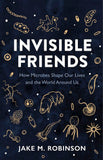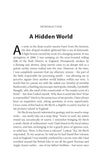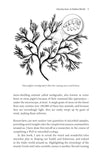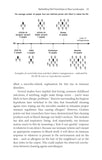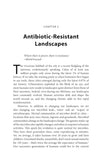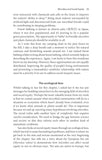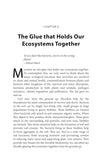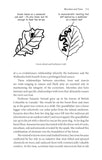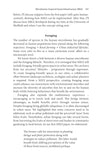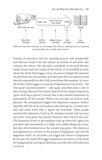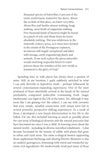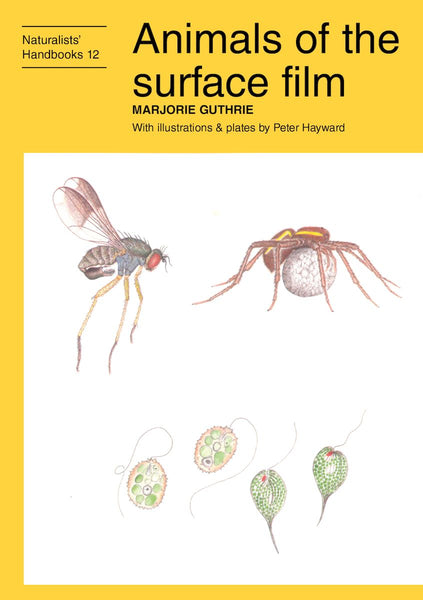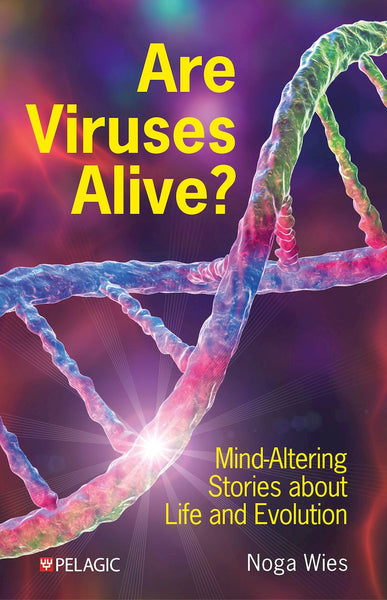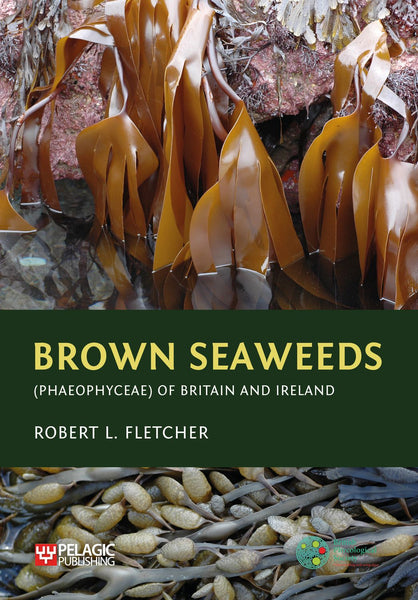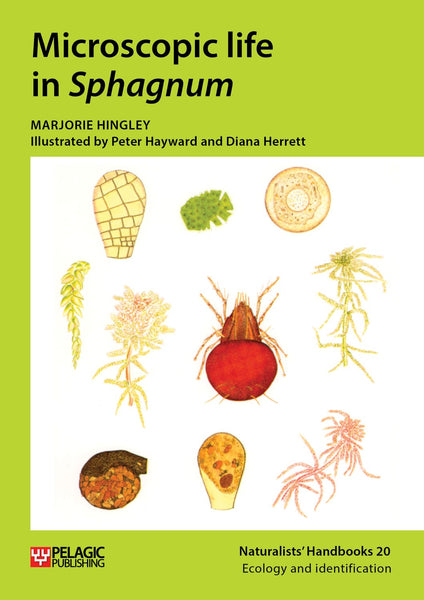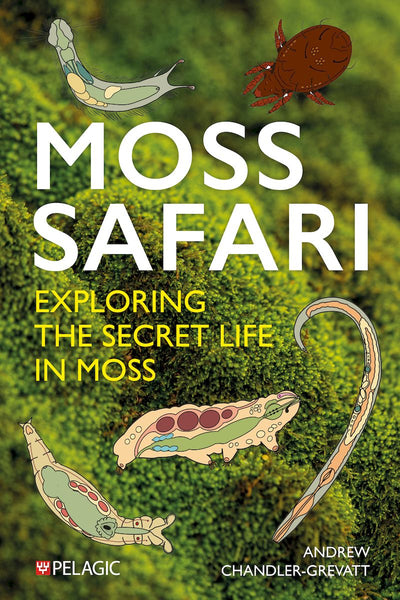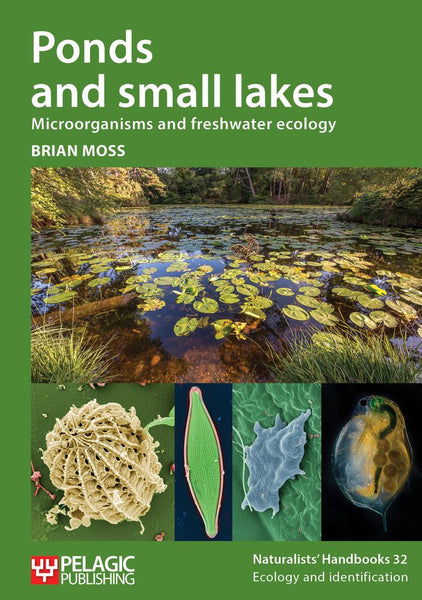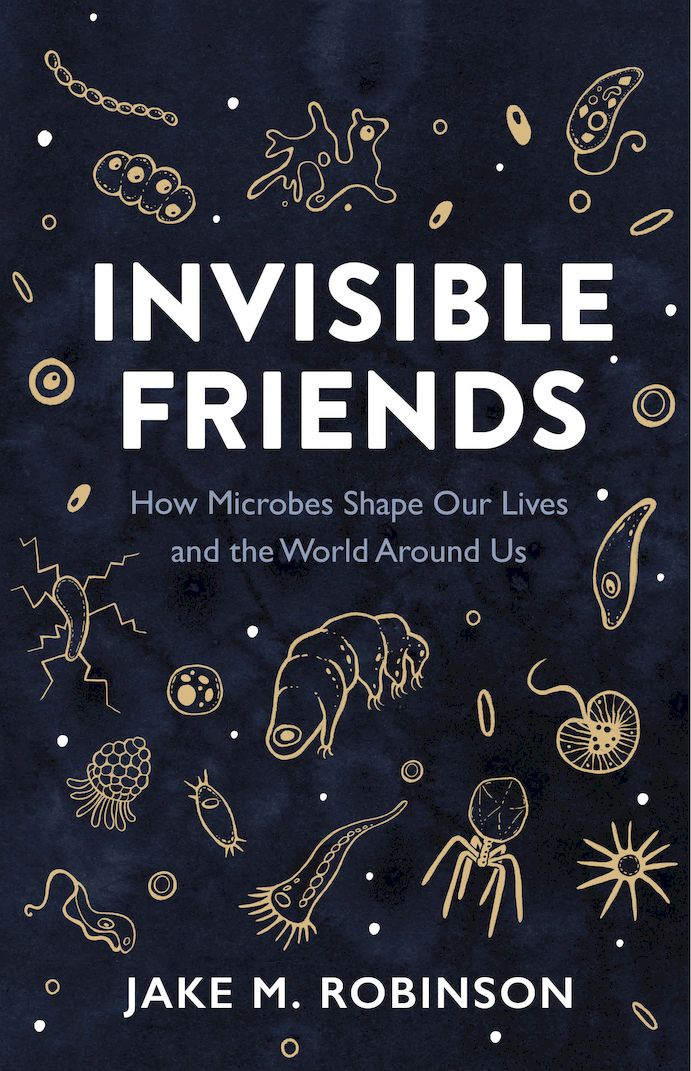
Invisible Friends
How Microbes Shape Our Lives and the World Around Us
- Reveals the overwhelmingly beneficial role played by micro-organisms.
- A clear and engaging account of the fundamental importance of microbes to all life.
- Discover how microbes affect our decisions and behaviour.
- Jake Robinson is the Gilbert White, the Henry David Thoreau, of the microbiome.
—Richard Dawkins
- ecosystem
- human biology
- microbes
- microbiology
- microbiome
Description
As we continue to live through a pandemic, all eyes are on microbes: an imperceptible and pervasive threat that hangs heavy on the air and clings to surfaces. But the reality of micro-organisms is far more diverse and life-sustaining than such a notion would have us believe (hence the title of this book). Not only are they omnipresent, but we are highly attuned to their workings – both in the world at large and right here within our own bodies. Meanwhile, cutting-edge microbiome research is changing our understanding of reality, challenging fundamental concepts of free will and individuality. Threaded through everything are microbes: the very glue that holds ecosystems together.
This topical, engaging and original book counters the prevailing narrative of microbes as the bane of society, along the way providing much-needed clarity on the overwhelmingly beneficial role they play. We discover how the microbiome is highly relevant to environmental and social equity issues, while there’s also discussion about how microbes may influence our decisions: even the way we think about how we think may need to be revisited. Invisible Friends introduces the reader to a vast, pullulating cohort of minute life – friends you never knew you had.
DOI: 10.53061/NZYJ2969
Table of Contents
Introduction
1 The microbiome and humans as walking ecosystems
2 Rekindling old friendships in new landscapes
3 Antibiotic resistant landscapes
4 Microbes and social equity
5 The Psychobiotic Revolution
6 The Lovebug Effect
7 The Holobiont Blindspot
8 The glue that holds our ecosystems together
9 Microbes and trees
10 Rewild. Regenerate. Restore
11 Biointegrated design
12 Microbiome-Inspired Green Infrastructure (MIGI)
13 To catch a thief: forensic microbiology
14 Microbes in outer space
15 You are what your microbes eat
16 Nature connectedness
Conclusion
Microbes 101
Notes
Glossary
Bibliography
Reviews
- Can bacteria really be our friends? Thankfully, yes! Invisible Friends provides a fantastic,
whimsical, and engaging exploration of our friendship with microbes, a friendship ideally
built on caring for each other.
—Justine Dees, PhD, Founder of Joyful Microbe - With vivid detail, Dr. Robinson has synthesized volumes of international research on microbes – the end result is a concise, reader-friendly page-turner that will be of interest to a full spectrum of readers, from the general public to clinicians to researchers looking for the next big idea! Invisible Friends is just like the microbial world that surrounds us—a companion filled to the brim with marvelous potential!
—Prof. Susan Prescott, author of The Secret Life of Your Microbiome - I enjoyed this book very much indeed. It was a fascinating romp through the microbial world and is definitely the sort of book that would make me miss my station. If you are not a microbiologist, you will be astonished at how much microbes affect, regulate and sustain your life, and Robinson's passion and enthusiasm for the world of the very tiny positively glows on every page.
—Dr George McGavin, President of the Dorset Wildlife Trust - Invisible Friends is beautifully written, and packed with information about the tiny organisms that form the basis of life on Earth. From the microbes in our bodies to those on the International Space Station, Jake Robinson reveals a hidden world that we would be unwise to ignore.
—Rebecca Nesbit, ecologist and author of Tickets for the Ark - A remarkable book by a writer who really is fascinated about the wonders of the world. This book conveys an important message that our invisible friends rule the world and are vital to the health of our planet including us humans.
—Marja Roslund, Environmental Scientist, Natural Resources Institute Finland (Luke) - Robinson has crafted an immensely accessible and important book. It lifts the lid on the secrets of how our microbial world is so crucial to human and planetary health.
—Prof. John F. Cryan, Principal Investigator in the APC Microbiome Institute, University College Cork - Invisible Friends tells a wondrous and vital story, how our very being depends upon the unseen, a reality that can help redefine our broken relationship with nature.
—Miles Richardson, Professor of Human Factors and Nature Connectedness, University of Derby - Jake Robinson is the Gilbert White, the Henry David Thoreau, of the microbiome. His charmingly-written book, a work of science leavened by literary allusion and engaging personal memoir, invites us to dive down through many powers of ten to the invisible level of microbes. Levels, rather, for “microbes” range in size from each other as much as we do from them. Microbes live in us, on us, through us, about us. Bacteria include the green photosynthesis specialists that inhabit the solar panels we call leaves, and are the ultimate source of all our food and oxygen. Each of our cells is an ecosystem of tiny biochemists, whose R and D we borrow to stay alive through every next second. Microbes invented antibiotics for their own protection, megayears before we hijacked them (and abused them) for ours. Micro-organisms are our foes, but our indispensable friends too. Do they even, as Robinson proposes, manipulate us and our behaviour to their, and our, benefit? Not just us but bumblebees and trees, and who knows what else? Do bacteria in clouds make rain, again to their advantage? Such suggestions, music to my ears, may prove controversial but nobody could fail to be intrigued.
—Richard Dawkins - A fascinating exploration of the possibility of the microscopic world...This is not a book written to shock the reader, or to make the reader aghast at the number of microbes on their eyelashes, or in every breath they take. Rather, it is a book to prompt the restoration of the symbiotic relationship between the visible and invisible worlds, as well as the awareness and appreciation of what is contained within our microbiomes.
—Brian McHugh, Climate Thoughts with Brian - Invisible Friends by Jake Robinson is just COOL. A journey through an ever changing understanding of the microscopic world.
—Charlie Bingham, nature and travel writer - This is an enthusiastic and hopeful romp through microbiology that encourages readers to rethink their relationship with nature and see themselves as embedded in it.
—The Inquisitive Biologist - Refreshing... This book is a must for students of microbiology.
—Arindam Mitra, Microbiology Today - This volume is an excellent introduction to the microbial world... The text is accessible to a lay audience, and it has a useful appendix with further scientific explanations and reading suggestions. Robinson uses storytelling and integrated interviews with scientists to make each point. This book could be used as a text in a general education science course as a way to introduce diverse topics such as ecology, environmental science, evolution, human health, and psychology as well as the obvious microbiology.
—D. Schulman, CHOICE
About the Author
Jake M. Robinson is a microbial ecologist based in the UK. In 2021, he received a PhD from the University of Sheffield. He is passionate about researching microbes, ecosystems, social equity issues and the connections between them, and at the same time is keen to develop ways to conserve and restore nature. Invisible Friends is his first book.Bibliographic Information
 304 pages
304 pages - 42 black & white illustrations
- 2 tables
- BISAC SCI045000, SCI036000, SCI088000
- BIC PSG, RNCB, PSX






